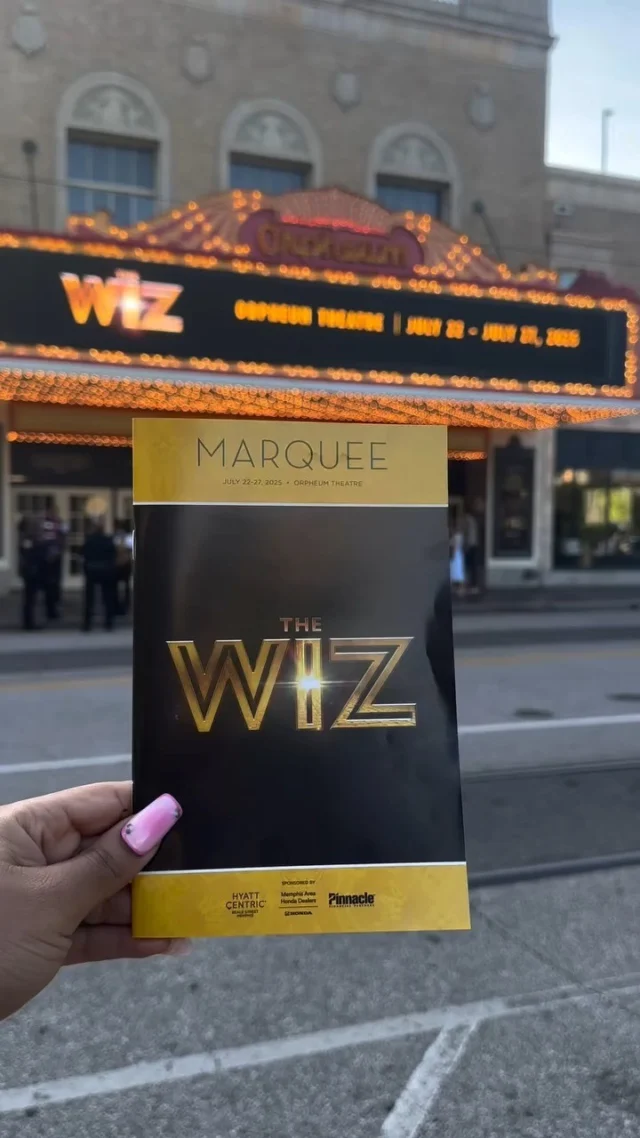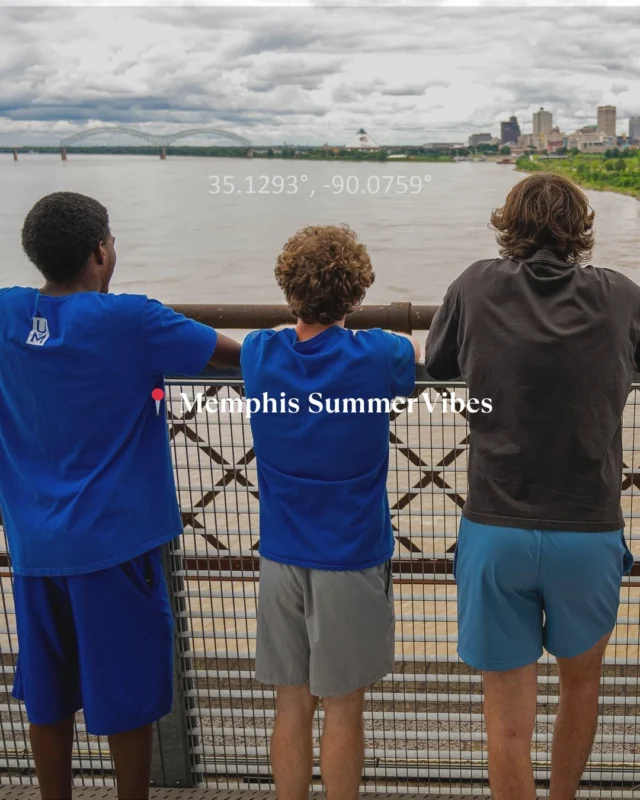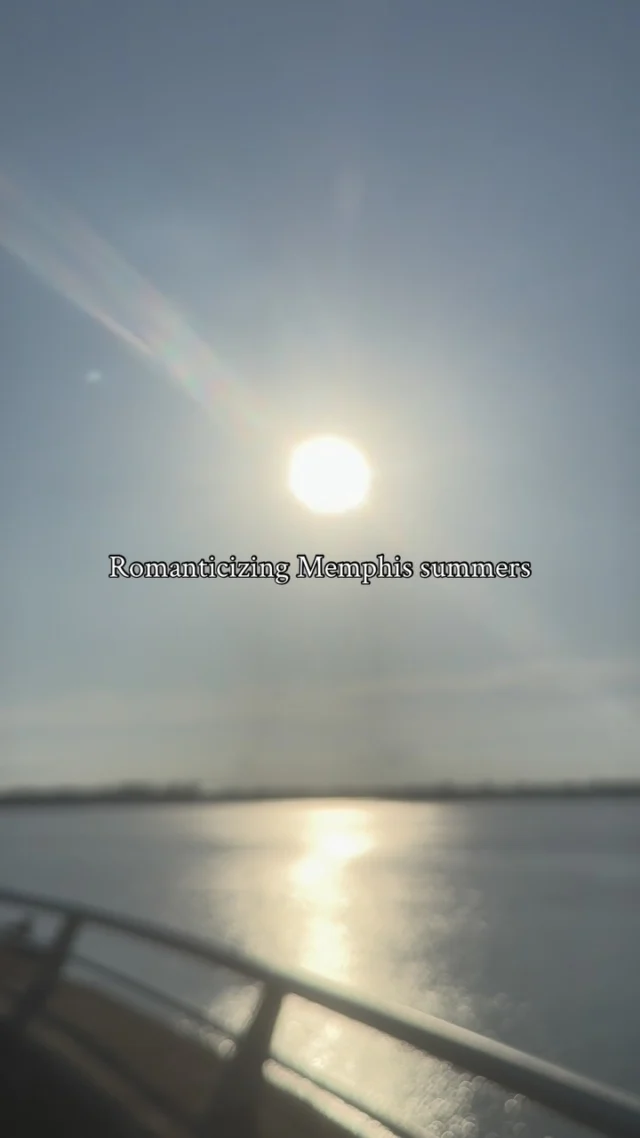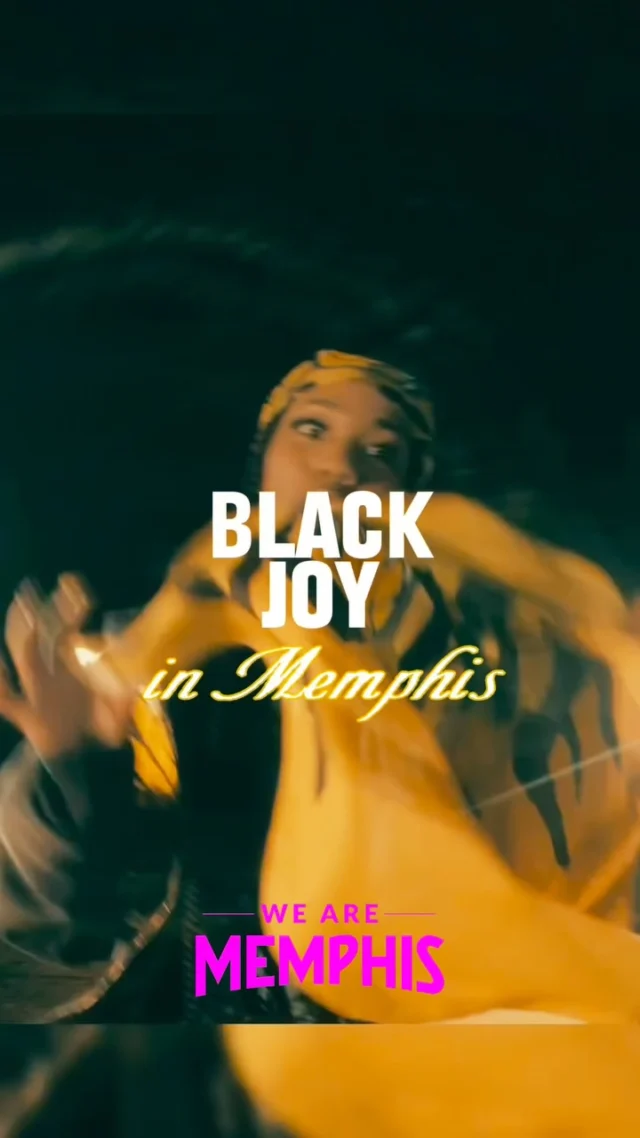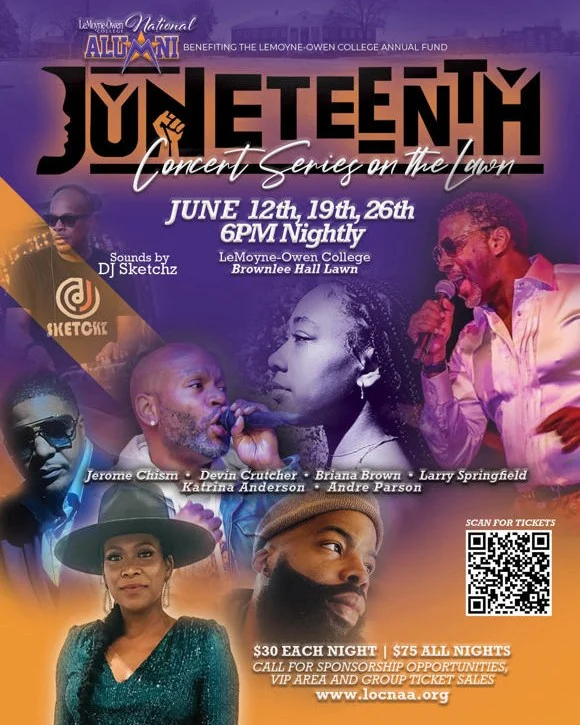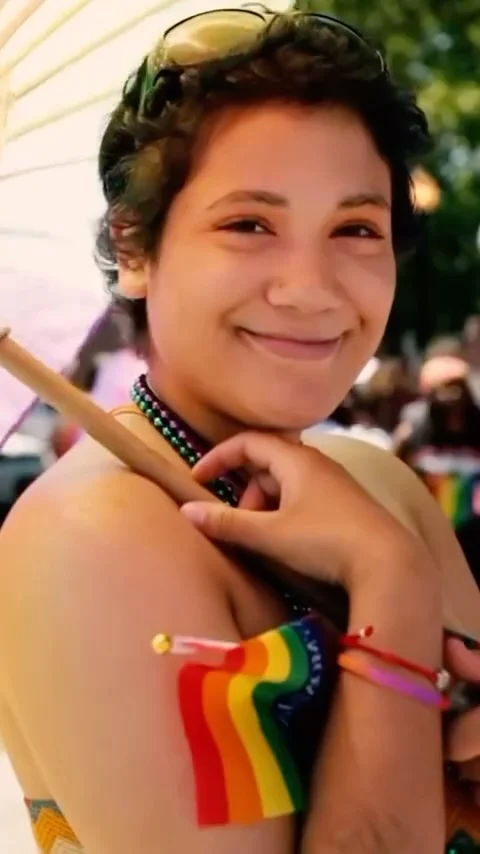Culture
The Memphis rap veteran once again makes the case for busiest man in rap with a new DJ Drama–hosted mixtape, while shepherding the careers of GloRilla, EST Gee, and more.
By Paul Thompson
August 14, 2023
Yo Gotti is spearheading on of the hottest labels in rap right now.
Yo Gotti is spearheading on of the hottest labels in rap right now.Courtesy of CMG.
You’d be forgiven for assuming Yo Gotti has overextended himself. The deep-voiced Memphis native, whose career stretches back to the first George W. Bush administration, has remained remarkably prolific through deep valleys (the six-year gap between his second and third studio albums) and surprising peaks (as when 2015’s “Down in the DM” became a triple-platinum national hit). He’s used that experience navigating the fickle record industry to turn his own imprint, CMG Records, into one of hip-hop’s most essential labels, boasting breakout stars like GloRilla, EST Gee, Moneybagg Yo, and 42 Dugg.
Yet through shepherding those careers, Gotti is still pushing ahead his own solo music—last week, Gotti dropped I Showed U So, a long-awaited reunion with the mixtape mogul DJ Drama. Back in 2006, Drama had helmed I Told U So: The Real King of Memphis, which buoyed Gotti’s career following a stressful stint on TVT Records. The sequel is crisp and buoyant by design, anchored by that distinctive baritone, which slips in and out of slyly technical runs that are dotted with unmistakably Memphis pronunciations.
Gotti’s also become involved in a number of social justice causes, most notably the effort, in which he was joined by Jay-Z and Roc Nation, to investigate and repair inhumane conditions in the Mississippi State Penitentiary at Parchman. “I’d seen pictures and videos that I initially thought were fake,” Gotti says. “I was like: What is this? I was in disbelief.” His advocacy eventually yielded a damning Department of Justice report. “We’ve still got to monitor it,” he says, cautious to claim anything in the penal system as a victory. “But there were definitely improvements made.”
Flagging down the DoJ is not the only brush Gotti has recently had with the federal government. In 2021, he became a co-owner of the MLS team DC United, and this June helped host, with the MLS commissioner and first lady Jill Biden, a youth soccer clinic on the White House lawn. “I hope that it’s inspiring for another young hustler,” Gotti says, “because a lot of us never make it to these places. I’m from the Ridgecrest Apartments in North Memphis—to be on the lawn at the White House, doing something positive for kids, it’s a long way from where I’m from.” GQ talked to Gotti about reconnecting with DJ Drama, his mixtape roots, and overseeing one of hip-hop’s hottest labels out.
GQ: For this record you linked back up with DJ Drama. What was your impression of him when you met back in the mid-2000s?
Yo Gotti: Way back then, when I first linked up with Drama, if you didn’t have a Gangsta Grillz back in that era, you wasn’t popping. Drama was killing shit. Everybody wanted a Gangsta Grillz, but everybody couldn’t get one. When I’d done the first one, I was at a way different stage in my career. Getting that Gangsta Grillz was like winning a trophy or something, you know what I’m saying?
You’d been rapping for years, by that point, but as you’re saying, a Gangsta Grillz was a major look that must have felt like it came with some higher stakes. Did you feel much pressure to execute at a high level?
Nah, I ain’t never felt pressure my whole career. Me as a hustler, knowing who I am before the world knew who I was, I never felt pressure. I only get pressure from myself, when I compete with myself. Wanting to do something in a certain time frame—that’s the only pressure I ever deal with.
When you put out I Told U So you’d already released Life, in 2003, and Back 2 da Basics, in 2006. What’d you learn from being on TVT?
I think that probably taught me the hard parts of the music business. Being on TVT was a difficult process for me, but I experienced it, I took it, I never complained about it publicly. But watching what was going on behind the scenes helped me be different from a lot of artists today. A lot of artists today are entitled, they feel like they’re supposed to be this, they’re supposed to be that. Going through what I had to go through with TVT, I was never entitled. I understood that you’re only a priority if you make yourself a priority, you’re only popping if you make yourself popping. That’s the real record business.
How did I Told U So change your career?
I don’t know if it changed my career, but it most definitely helped it. I Told U So being a Gangsta Grillz and me putting the right music on the mixtape, the blood, sweat, and tears we put into passing out hundreds of thousands of mixtapes hand to hand, to everybody, I think all of that together had a big effect.
In between I Told U So and Live From the Kitchen, in 2012, you put out nine mixtapes. Obviously the industry changed a lot in that period; the CD economy collapsed. Before you put out Live on RCA, was there a time you thought you’d never put out a retail album again?
I never thought I was going to put out a regular album again. It had nothing to do with mixtapes, either, but at some point during that time, I thought I would never sign another record deal again. Because my business back then was creating mixtapes, running around doing a lot of shows. I had figured out how to make money doing that, and I didn’t have success with major labels at that point. It was like, I don’t need the record labels, I can just put this music out on the mixtape level.
I met [Cash Money Records cofounders] Birdman and Slim. They flew me down to New Orleans and brought me to their house.
I saw them actually living how we’d seen them living in the videos. I was at Birdman’s house and he had 10, 15 cars in the driveway, the same cars from the videos.
Even though you figured out how to make the money work, did you ever think, I wish a song like “Standing in the Kitchen” had the label backing to get on the radio?
Yeah, I think I probably had a few hit records that just didn’t go to radio; at a different time in my life they would have been bigger songs, if I was in a better situation. But I’ve never been a complainer or a person who makes excuses. What happened happened. I probably missed a few hit records.
How’s the north side of Memphis different from the rest of the city?
You have the north side and the south side; it’s different but it’s also the same. We’re still one Memphis at the end of the day. We have different structures of what’s popping and what’s not in different areas. Overall, Memphis is cutthroat, man. It’s a hard city. Ain’t no time to be crying, ain’t no time to be whining, to be tripping about nothing. You’ve gotta get it how you live. We was at one point the second-most impoverished city in the world. We already had nothing. We come from nothing. We tried to turn it into something. That I-won’t-lose mentality is what Memphis gave me.
How did your relationship with DJ Sound come about?
Me and his little brother were friends, we went to high school together. [Sound] was already doing music—I didn’t know nothing about music at that time other than beating on the wall and rapping. I had never seen a studio. He had one inside his bedroom at his mama’s house—not even a house, the Ridgecrest Apartments. He had a little studio setup. So when I went to hang out with his little brother, I always wanted to get in there and do something. He gave me my first opportunity to be on one of his mixtapes, and it was a big thing for me.
Who did you sound like back then?
You know, it’s funny, some of my old music has been popping up on the internet. I was doing more storytelling, more like the New York rappers, “Superrappin’,” trying to be lyrical and shit. We were listening to Jay-Z early. But I was also into Scarface, any of the guys who were really rapping—but still street guys.
When did you first think music could be a career?
It was two times, I think; When Juvenile dropped 400 Degreez, his delivery, his sound, his approach was so different at the time, that it helped me shape my own style. That’s around the time my voice changed; I always had a deeper voice, and when I heard Juvenile I was like, damn, I can use my regular voice. But to answer your question about money, I’d say it was two things that shaped me. It was when I got my first $6,500 check from Select-O-Hits, that let me know I could make it a career. And the second moment was when I actually met [Cash Money Records cofounders] Birdman and Slim. They flew me down to New Orleans and brought me to their house.
I saw them actually living how we’d seen them living in the videos. I used to think most of that shit was fake—not them, just hip-hop in general. But I was at Birdman’s house and he had 10, 15 cars in the driveway, the same cars from the videos. And again, these was guys who had come from an upbringing similar to mine. Between that and the first $6,500 check, I knew I could really make money and live off this shit. These other guys like me are doing it.
At the same time, couldn’t that be intimidating?
The Select-O-Hits check couldn’t have paid to rent one of those cars.
Nah, nah, I don’t think like that. It’s inspirational, it’s motivational. The way I looked at it was: I’m here right now. I’m at this house; I can touch the cars. That means I’m doing something right. Of course I’ve gotta put in the work, but I’m already on the right path—I’m here.
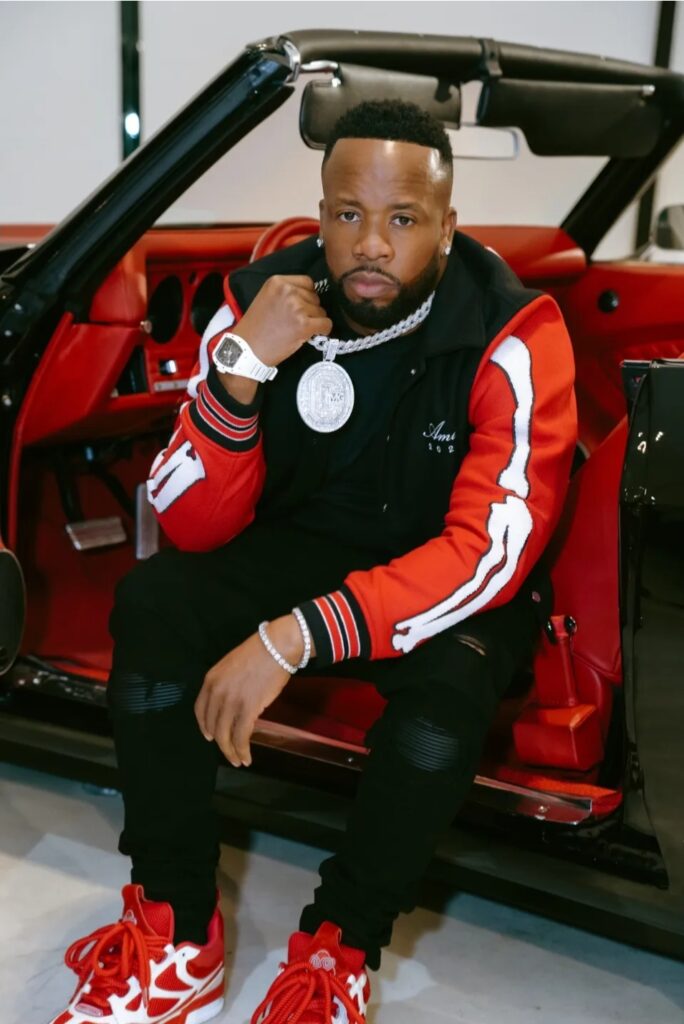
Today, CMG has one of the most impressive rosters in rap. I remember doing some early press with GloRilla, and she kept returning to the idea that you gave her the confidence to lean into her own instincts.
What do you look for in an artist?
It’s always music first. But at this point it’s really about your drive, it’s about how far you’re trying to go in this game. If you’re just trying to do this to get you a chain and a car, you’re not going to be interested in this shit next year. You’re really not trying to be a career artist. I don’t have time for that at this point. We want people who are going to be around for the next decade, who are going to cause an impact to the culture, change the culture in a positive way. We’re looking for real stars, you know what I’m saying?
Let’s say I sign to CMG. What’s your involvement—are you giving feedback on demos? Sending me beats?
I’m involved in every aspect. I try to be involved in everything, unless they don’t want me to be involved, in which case I respect that. But when it comes to the album process, the marketing process, I’m in it, I’m 200 percent in it, across the board. I’m trying to help anywhere I’m needed.
In turn then, what have you learned from the artists you’ve signed?
You have to listen to them. Every artist is their own genius, right? We’ve all got ingenious parts in us, but they all might be different. So never block a person’s genius. You have to listen to them to understand what they see. One of the worst things you can do is block an artist’s vision. You have to allow them to do what they want to do how they want to do it. That’s been my recipe to success: we never stop an artist, we never block an artist. We let them be them. It’s more of a partnership. We build like that.
What’s your specific genius?
I think my biggest attribute is just my hustle. You’re just not going to outwork me. It’s not even good in certain instances—I don’t go to sleep, I stay up longer than I should. When I’m in a campaign and I’m working, sometimes I don’t go to sleep for days because I’m trying to put the plan together. I take it seriously; it’s my passion. I’m also a learner. I believe in change. I’m always looking for what’s new instead of trying to do the same shit over and over again.
If you listen to I Showed U So, it was executive produced by a producer we signed named Yung Dee. We signed him when he was 15; he did “Maybach” for [42] Dugg and Future, he did a lot of Bagg records. He’s like 17 right now. But I let him executive produce this mixtape because I wanted a certain sound. On my last project, I was really rapping, using sample beats and really digging in, you know what I’m saying? And this project I wanted it to be more fun, more outside music, so I wanted a young producer. I let him pick the beats, to create that different sound.
There are a lot of incentives to not change though, to feed the streaming beast the same thing that worked before.
I’m a fan of hip-hop first, right? For me, I don’t want to hear the last album my favorite artists put out. I don’t want you to do the same album again. Every project should take me to a different experience. If you were serious on the last album, I want you to be happy on this one. Some of the best artists—the Drakes, the Waynes, the Jays—they all come with that. In the new era, they lean on [that repetition] more.
Early on I Showed U So, you have that line about treating the majors like a trap house. But you’re also talking about changing up the product. How do you know, when you’re recording, that you’ve found a new direction that’ll work for you?
I got a good team around me, I’ve got good ears around me. When we start a new project, whether it’s by another artist or mine, we talk about what we want it to be first, before we even get into it. So from the beginning, we already know what we’re working towards. To touch on the line you said, I can put out a project every week, because I’ve got different products. A Moneybagg Yo ain’t a GloRilla, a GloRilla ain’t an EST Gee, EST Gee ain’t 42 Dugg, 42 Dugg ain’t…. You get what I’m saying? All my artists are different artists. None of them sound the same.
So you’ve talked about your early days writing more narrative-based songs, and now about young producers pulling your sound back outside, back into brighter territory. What was your process like this time—are you still writing on a pad or on your phone? Is everything done at the mic?
I’m just in the living room, man, me and my engineer and some loud-ass speakers, looking at a dope-ass view. My backyard look like a hotel resort. I’m looking at a bunch of throwaway [Ace of] Spade bottles, and this shit is coming off the top of my head.
“This article was originally published at” gq.com“
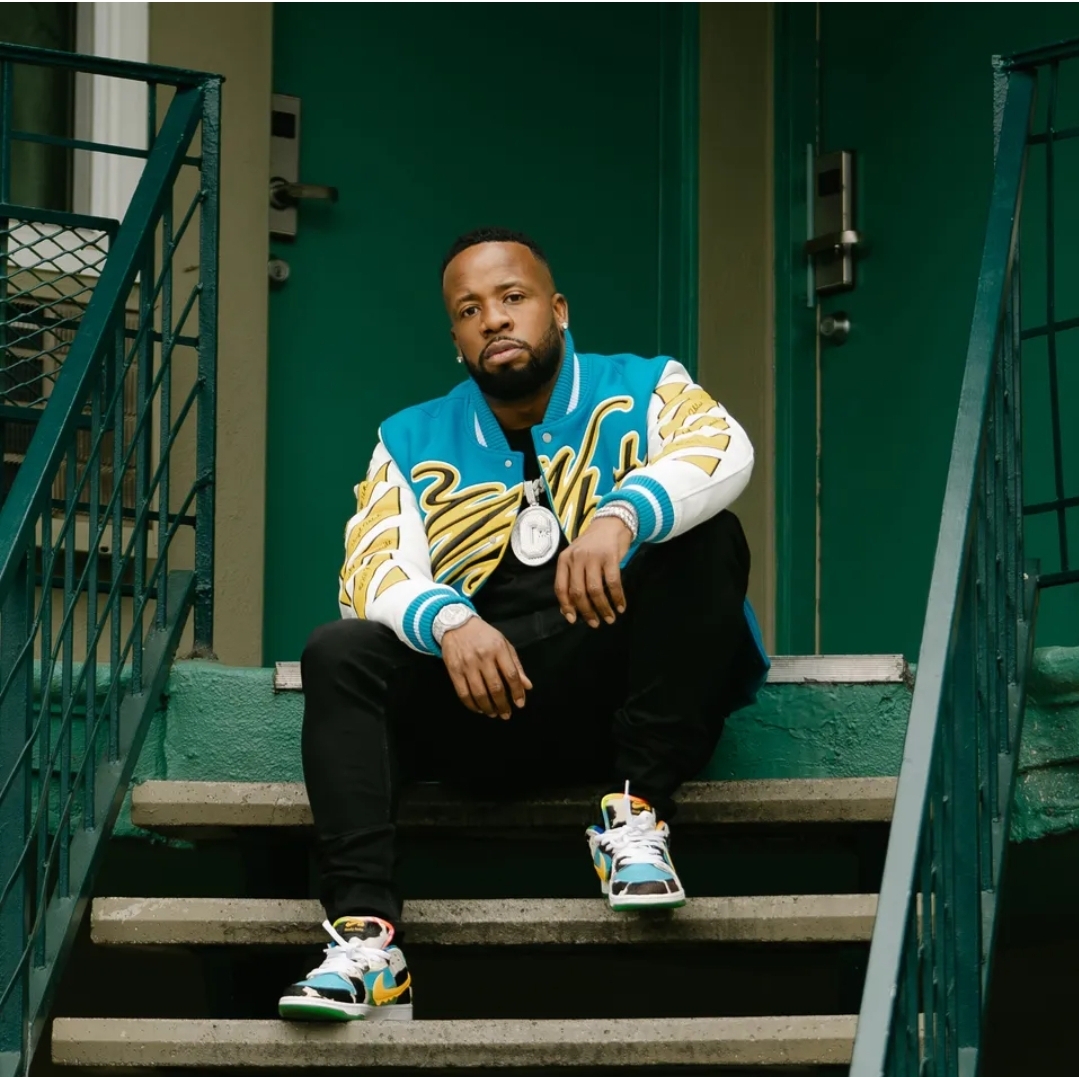



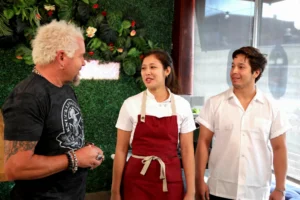

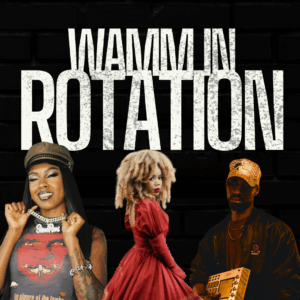

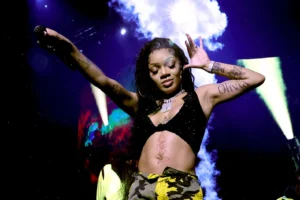
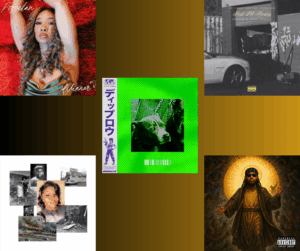



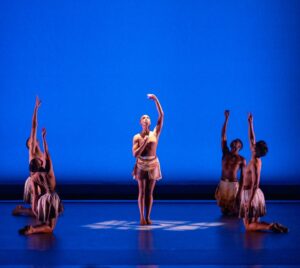



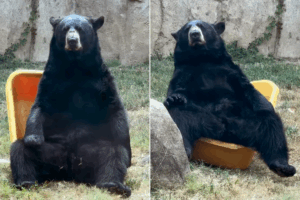

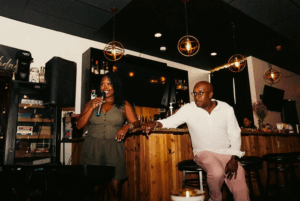



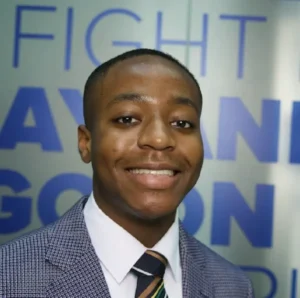


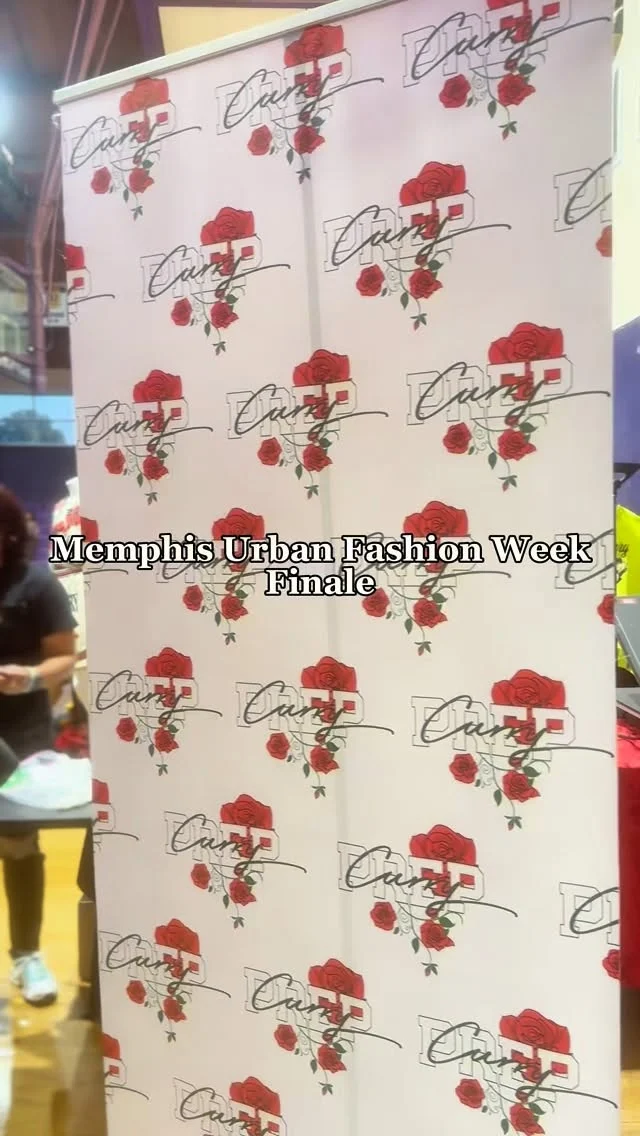
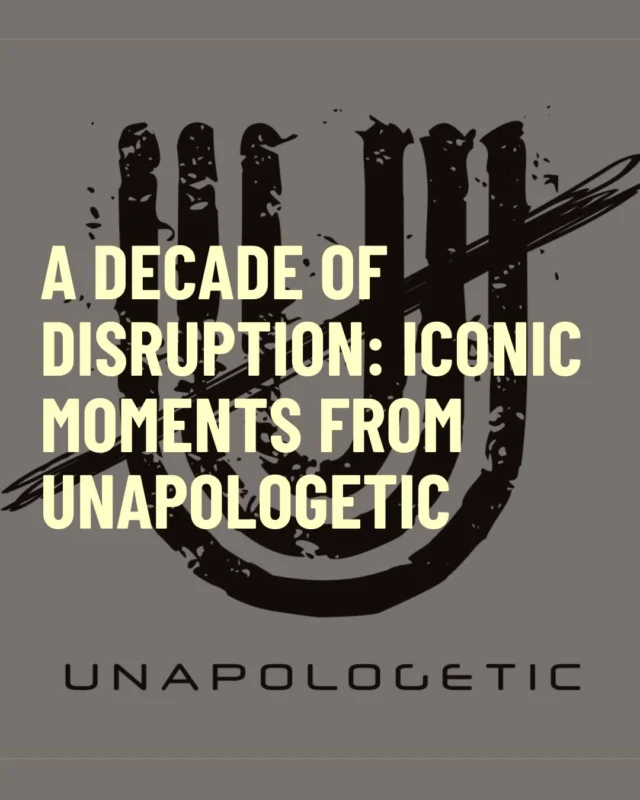
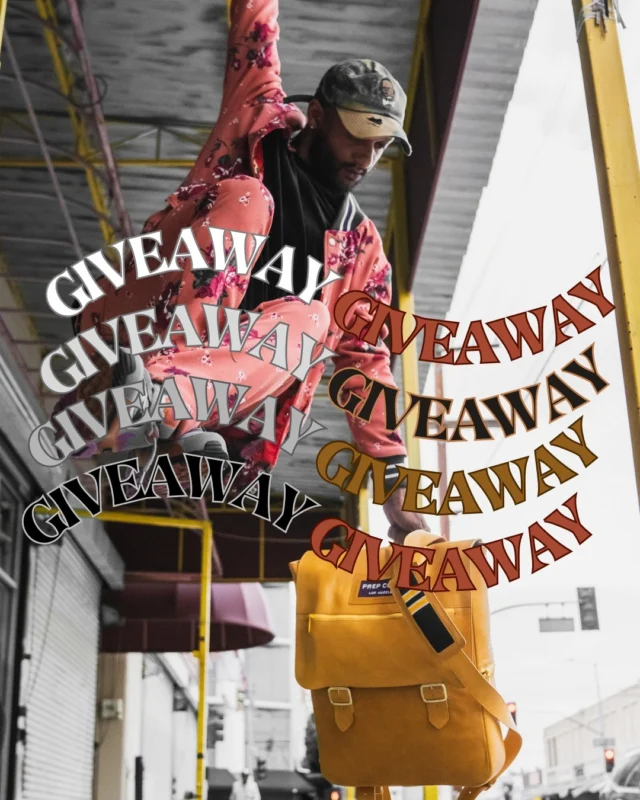

![The countdown is ON, Memphis! We’re officially 30 days out from the @unitememphis 5K + 1-Mile Walk/Run—and this year, we’re stepping into unity on 901 Day 🙌🏽
📍 Monday, September 1 | National Civil Rights Museum
🕘 Start time: 9:01AM
🎶 Food, music & fun to follow
Whether you’re walking or running, this isn’t just a race—it’s a movement. And there’s no better time to join in than now. 👟✨
🎓 COLLEGE STUDENTS: Be one of the first 100 to register using your .edu email with promo code NEXTGENUNITE and your ticket is just $10 (that’s a $32 savings 👀). Limit 2 per person, so tell a friend!
Let’s walk. Let’s run.
Let’s #UniteMemphis 💛
🔗 [link in bio]](https://wearememphis.com/wp-content/uploads/sb-instagram-feed-images/526805187_18335272954206022_6056852028660485499_nfull.webp)
